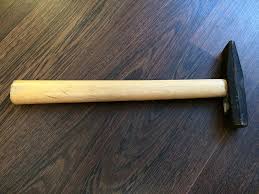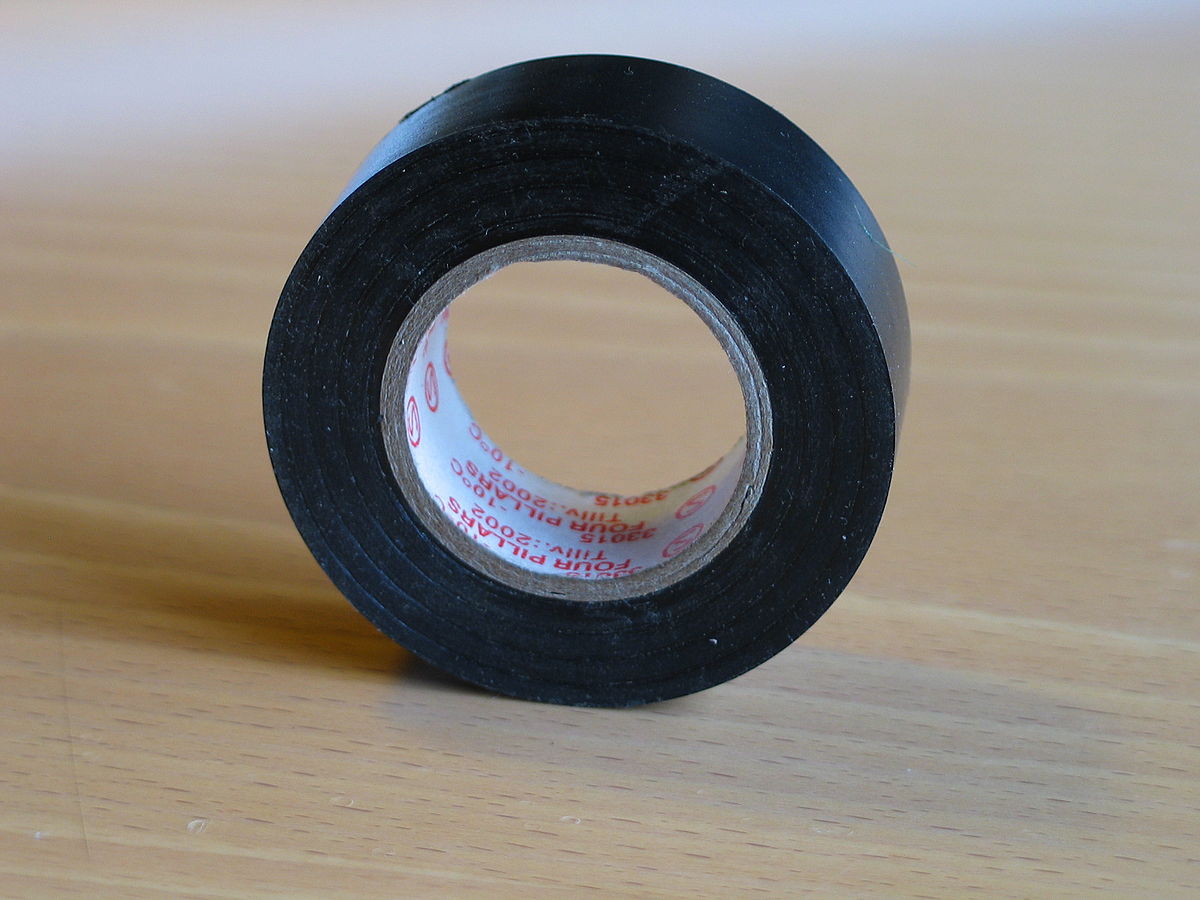5 Hand Tools You Should Have at Home
Posted by Editor in Home Improvement on Aug 10th, 2018 | Comments Off on 5 Hand Tools You Should Have at HomeWhether it comes to maintenance or repair, hand tools are a must-have for any home, and you don’t want to be caught unprepared whenever something you need breaks, or if you need something installed. After all, living in Singapore is expensive, and the last thing you want is having to replace an expensive appliance.
There are many advantages to having these tools at hand – they make general repairs and basic maintenance faster and so much easier. Perhaps the best part about having these tools is that you can buy them at any hardware store, and are generally cheap.

1. Screwdriver
A third of every problem you will encounter at home will be because of a few screws loose, from faulty door knobs to shelf joints. With a screwdriver, these are avoidable.
Having both flathead and Phillips head (star screws) screwdrivers is a must, since most screws come in these shapes. Appliances with less common screw heads, such as a Robertson head (square drive), would usually come with their own special screwdrivers.
2. Hammer
If you need a pesky nail in place, you can stop scrounging around for something hard to hit it with until its head stops sticking out. Having a hammer in hand lets you not just stick nails in, but also remove them.

3. Pliers
It’s ill-advised to handle wiring without pliers, even if it’s disconnected from the power source. Even if you don’t run the risk of electrocuting yourself, scissors happen to be at cutting wires, and some wires aren’t exactly the most pliable with hands alone.
You should get at least two of these: one for cutting wires and rods (wire cutter), and one for gripping them (flat-nose or long-nose).

4. Duct Tape/Electrical Tape
Do you have exposed wires at home that could lead to potential electric or fire hazards? If you don’t, good for you. However, if it turns out that this is unavoidable, keep a few rolls of electrical tape at hand.
Be careful with electrical tape, though, as the adhesive eventually wears off when exposed to open air and heat.
A good option is duct tape. Why, you ask? The answer is simple – it’s reliable enough that Formula One pit stop crews use it on racecars to make quick repairs.
5. Hand Drill
You usually wouldn’t need a hand drill for the most part, but if you need to install a joint or a fixture, or even add screw slots in a wooden shelf, then this would certainly come in handy.
Electric drills often do the job for most things nicely, but a manual drill (reserved specifically for wood) is good as a last resort if the power goes out.
Be sure to store these tools in a dry environment, preferably a good-sized toolbox, to keep them from rusting. When kept well, you’ll never have to buy another one again.

